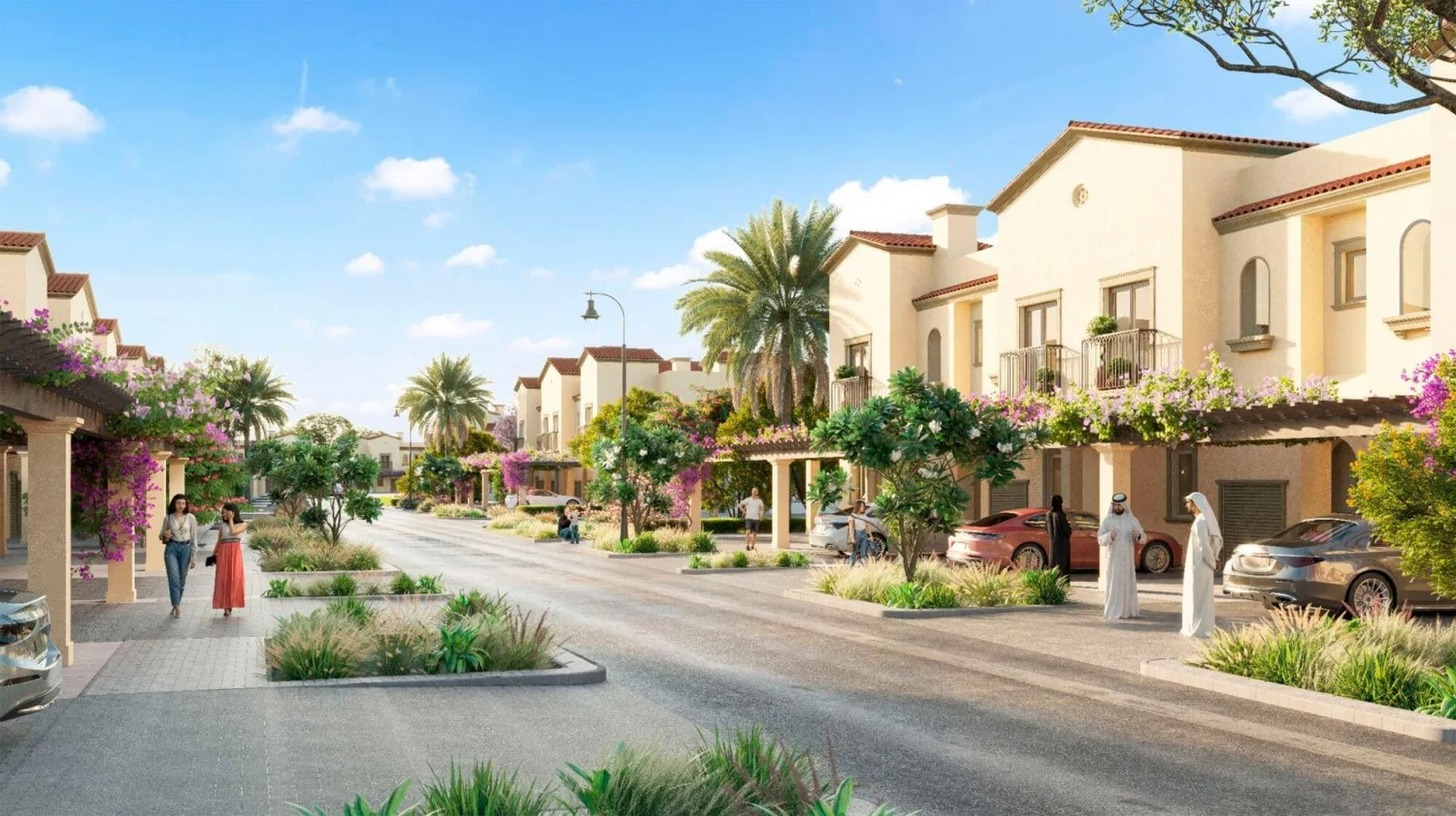Are you thinking about buying a home in Dubai? This exciting decision demands careful consideration. From costs and tax benefits to property rights and maintenance expenses, each option has its own set of pros and cons that need to be evaluated.
In this article, we’ll delve into the various factors involved in buying a home in Dubai and explore all properties for sale in Abu-Dhabi, helping you make an informed decision.
Cost Considerations
When contemplating housing in Dubai, it’s crucial to weigh the costs of buying versus renting — both can be expensive! For those considering purchasing property, it’s essential to examine mortgage terms and loan options. Given Dubai’s competitive property market, thorough research into the investment potential is vital.
Consider the possibility of rental income when evaluating your decision. Renting, on the other hand, can also become costly, with monthly expenses varying significantly based on location and amenities. A thorough evaluation of these aspects is necessary to determine the best financial route for you.
Additionally, if you’re looking beyond Dubai, you might want to explore villas for sale in Abu Dhabi, which offers its own unique opportunities and considerations.
Regardless of your choice, understanding the intricacies of Dubai’s housing market is essential. Prices vary widely across different areas of the city, so ensure you have a clear picture of the long-term costs for each option.
Be vigilant about hidden fees that could inflate your expenses, such as additional utility bills or service charges associated with some properties.
Ultimately, both buying and renting in Dubai comes with distinct advantages and disadvantages. Carefully consider all associated costs and investment opportunities to ensure the decision aligns with your personal situation and budget. Extensive research will help you make an informed choice that best suits your needs.
Tax Advantages
Owning property in Dubai offers tax advantages and investment opportunities, such as rental guarantees and tax incentives. Buyers should understand local market conditions and real estate tax laws and evaluate additional costs like maintenance fees and insurance. Thorough analysis and skilled advice are essential to making informed investment decisions.
Property Rights

Owning property in Dubai offers significant advantages for investors, including high rental yields, long-term capital growth, solid legal protections, and tax benefits. The emirate permits foreign investors and expatriates to buy property under specific conditions, enhancing investment opportunities. This stable asset class not only ensures financial rewards but also provides security against market risks and currency fluctuations.
Maintenance Costs
Owning property in Dubai involves various maintenance costs, including inspections, repairs, insurance, and mortgage payments. Thorough research is essential to understand these expenses, which can vary based on the property’s height and age. Long-term residents might benefit from buying, while temporary ones may find renting more sensible, as landlords typically handle repairs. Ensuring budget allocation for potential maintenance issues is crucial for financial stability.
Mobility and Flexibility
When considering real estate in Dubai, it’s essential to weigh the mobility and flexibility of renting against the stability of owning. Renting offers several advantages, such as reduced responsibilities—there’s no need to worry about costly repairs or maintenance. It also provides greater accessibility, allowing you to relocate quickly and move freely. Additionally, renting facilitates easy lifestyle adjustments without the hassle of security deposits. Rental contracts are generally straightforward and short-term.
However, renting in Dubai comes with certain drawbacks. Depending on your contract’s terms, you may need to provide notice before vacating, potentially impacting your ability to relocate swiftly. Tenants often lack the same rights as homeowners when it comes to property management or making urgent changes. Also, the high need for rental properties has driven rents up faster than inflation, and a fixed-term agreement does not always ensure long-term affordability.
All these aspects must be carefully considered before signing a lease or taking out a mortgage on a new home in Dubai.




